TYLER, Texas — Texas officials are alerting the public of a highly dangerous drug combination making its way across the Lone Star State.
The Texas Department of State Health Services (DSHS) has issued a health advisory notifying healthcare providers that xylazine (tranq), an animal tranquilizer, is being combined with illegal drugs being distributed in Texas.
"Law enforcement has identified xylazine in the illegal fentanyl supply in West Texas, and it has been combined with other opioids, benzodiazepines like Xanax, and recreational drugs, leading to at least four reported xylazine-related deaths," the DSHS said.
According to the National Institute on Drug Abuse (NIDA), xylazine is a non-opioid veterinary tranquilizer not approved for human use. The DSHS says xylazine produces a strong sedative effect and has been known to prolong the high of illegal drugs it's mixed with.
"It can cause unconsciousness, low blood pressure, a slowed heart rate and breathing, and may cause organ damage due to a loss of blood flow," the DSHS said. "Chronic use can cause necrotic skin ulcers, severe sores that can kill skin tissue and lead to infection."

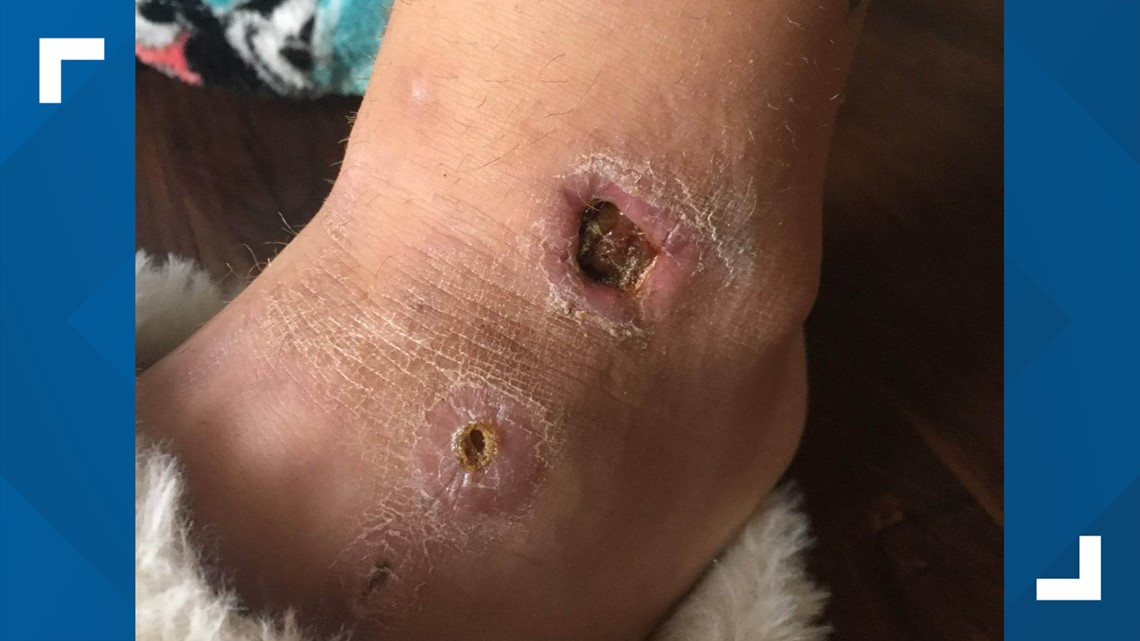

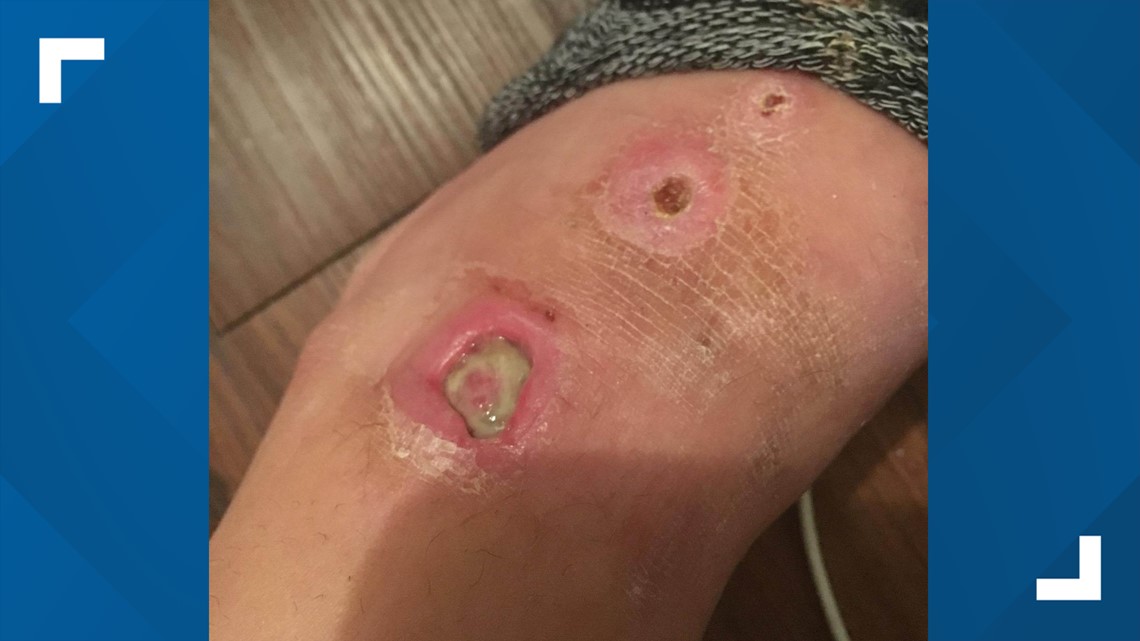

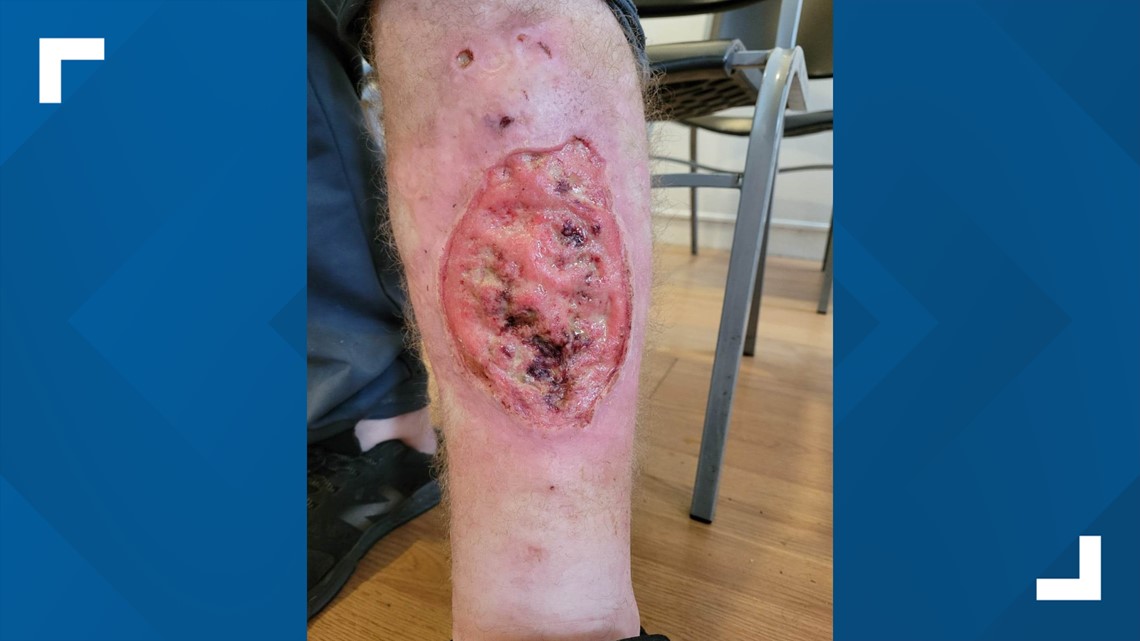

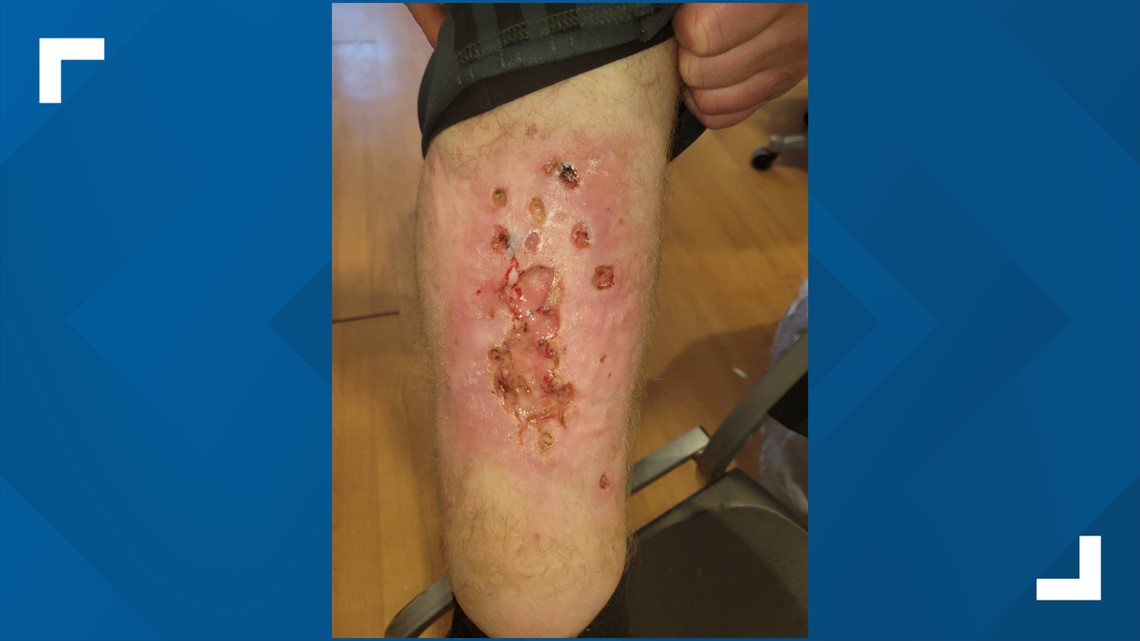

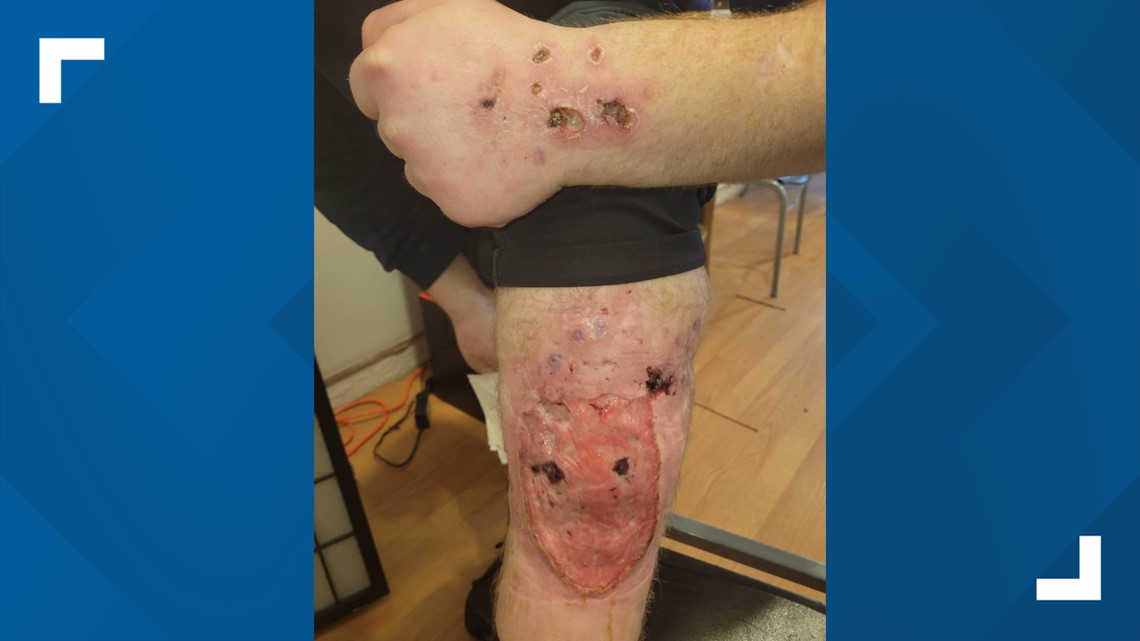
The Drug Enforcement Agency (DEA) is particularly warning of xylazine being mixed with fentanyl.
“Xylazine is making the deadliest drug threat our country has ever faced, fentanyl, even deadlier,” the DEA said. “DEA has seized xylazine and fentanyl mixtures in 48 of 50 States. The DEA Laboratory System is reporting that in 2022 approximately 23% of fentanyl powder and 7% of fentanyl pills seized by the DEA contained xylazine.”
According to the DSHS, since xylazine is not an opioid, its effects can't be reversed by using of Narcan.
"However, because of the prevalence of fentanyl and other opioids, DSHS recommends clinicians continue to treat suspected drug overdoses with naloxone," the DSHS said. "If the patient does not respond, they should consider xylazine exposure and provide supportive care. Healthcare providers should also consider chronic xylazine exposure as a possible diagnosis for patients with severe and unexplained necrotic skin ulcers."

